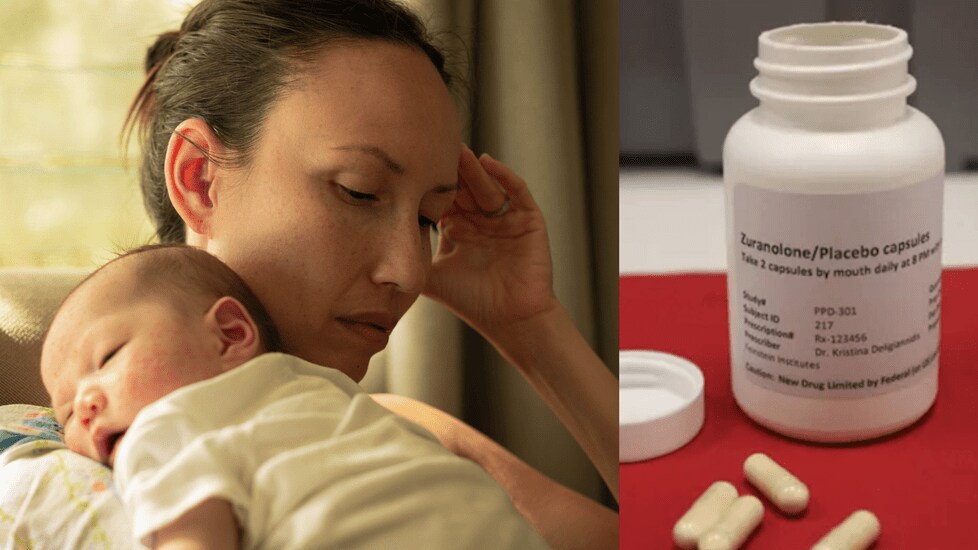Dr. Kari Bates, a distinguished obstetrician at St. Vincent’s Healthcare in Billings, sheds light on this significant concern about the innovation of new postpartum drug.
“The onset of a baby brings a whirlwind of emotions. There’s an uptick in tearfulness and overwhelming fatigue, and when combined with sleep deprivation and the immense responsibility of caring for a newborn, it can take a toll. If a mother already has a history of mental health issues, this period becomes even more challenging,” she says.
Postpartum depression (PPD) is a severe mental health condition that isn’t just a mere “baby blues.” While it’s common for mothers to experience mood swings, sadness, and anxiety shortly after childbirth, PPD is more intense and lasting.
Its symptoms might not appear immediately but can develop gradually over the weeks or even months after delivery.
This condition can manifest in various ways. Some mothers might experience a relentless feeling of sadness, hopelessness, and lack of interest in the world around them.
Others might grapple with overwhelming irritability or anger, finding it hard to bond with their baby, or doubting their ability to care for their newborn. Extreme cases might even lead mothers to have thoughts of harming themselves or their babies.
One of the significant challenges with PPD is the stigma attached to it. Society often paints an idealized picture of motherhood, filled with serene moments and boundless joy.
Consequently, mothers suffering from PPD often feel isolated, believing that they’re the only ones undergoing such emotions, leading many to suffer in silence.
Moreover, the physical challenges of childbirth, hormonal fluctuations, and the inherent stress of having a new member in the family can further exacerbate these feelings.
Dr. Bates adds, “The societal pressure to be a ‘perfect mom’ coupled with the biological changes can create a storm of emotions, making it essential for family members and healthcare professionals to recognize the signs early.”
Early detection and intervention can make a considerable difference. By identifying the symptoms of PPD, medical professionals can recommend appropriate treatments, ranging from counseling and therapy to medication.
Support groups can also be beneficial, providing mothers a platform to share their experiences and draw strength from one another.
However, awareness remains the first step. Educating expecting parents about the potential of postpartum depression can prepare them for its eventuality.
Hospitals and birthing centers can organize workshops and support sessions, making information accessible and reducing the stigma.
Family members play an equally crucial role. They can be vigilant, observing the new mother for any signs of prolonged sadness, drastic mood swings, or changes in behavior.
Offering a listening ear, sharing household responsibilities, and encouraging her to seek help can make a world of difference.
In conclusion, while the birth of a child is a momentous occasion, it’s essential to recognize and address the silent struggles many new mothers face.
By promoting awareness, encouraging open conversations, and ensuring timely intervention, society can ensure that every mother receives the support she deserves during one of the most transformative phases of her life.








